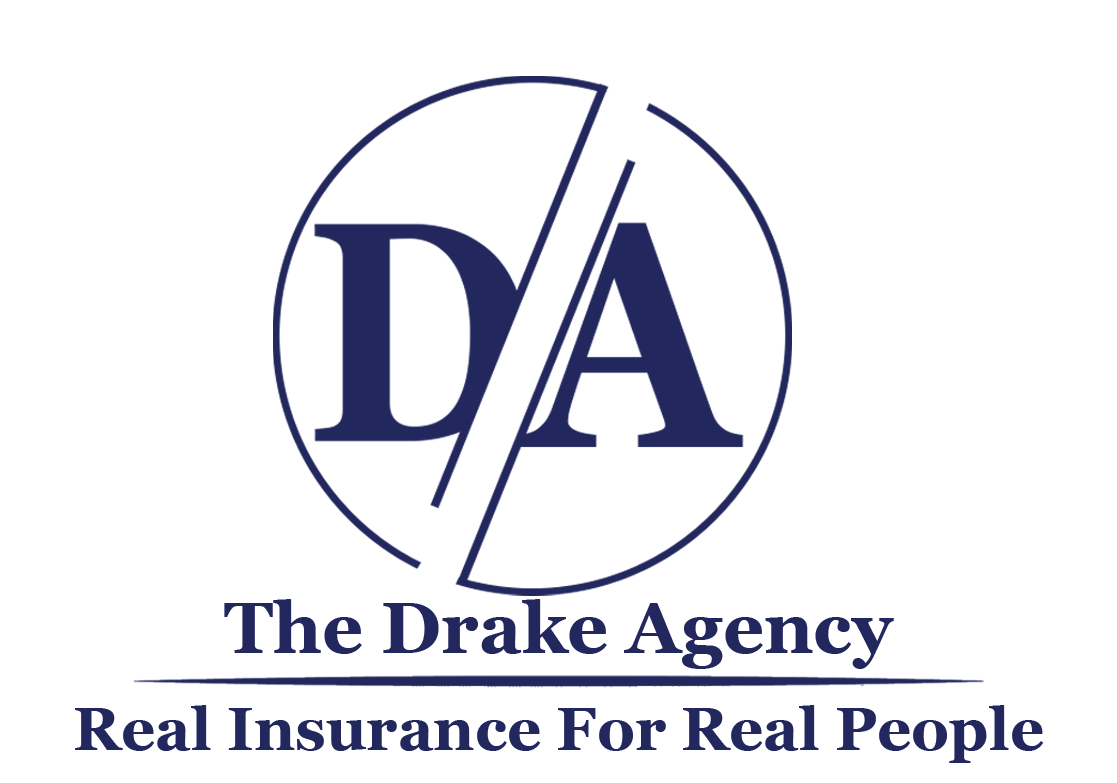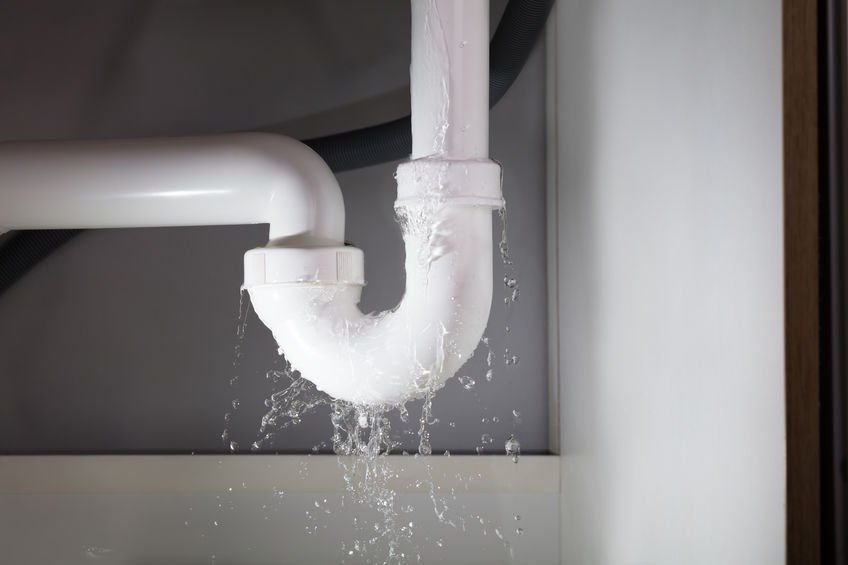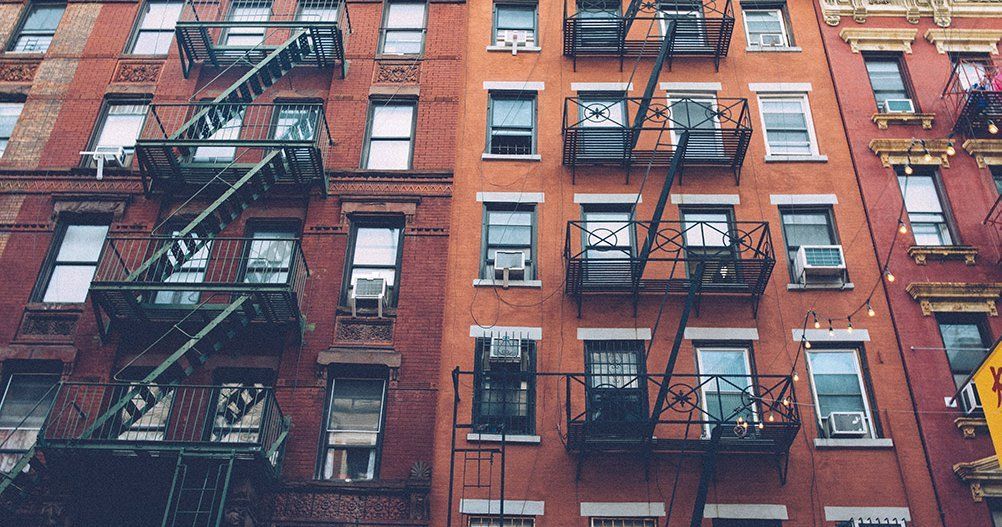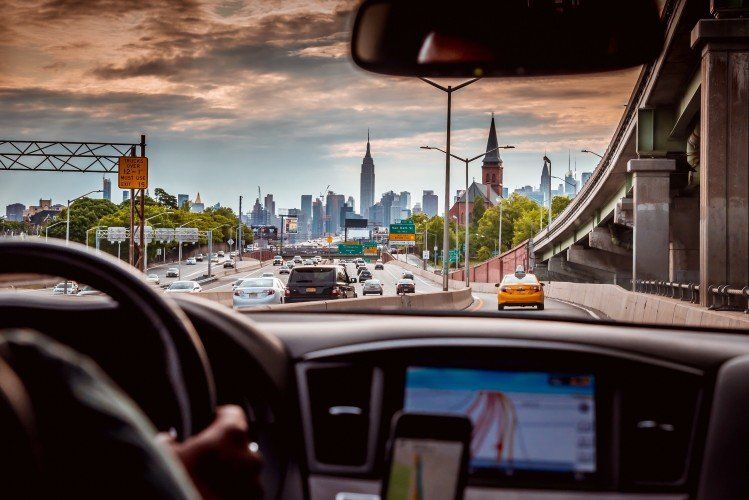Does Homeowners Insurance Cover Fire Damage?
Homeowners insurance typically helps cover your home and belongings. Most policies include coverages that may help pay to repair or replace your home and its contents if they are damaged by fire.
Your house is probably the most valuable asset you have, and you have homeowners insurance to help protect you and your house in case something unfortunate, such as a fire, should happen. From electrical issues to candle mishaps, the
National Fire Protection Association
reports an average of 355,400 residential fires each year. Being prepared is a good idea — and that includes knowing what your insurance policy covers and how much protection it may provide.
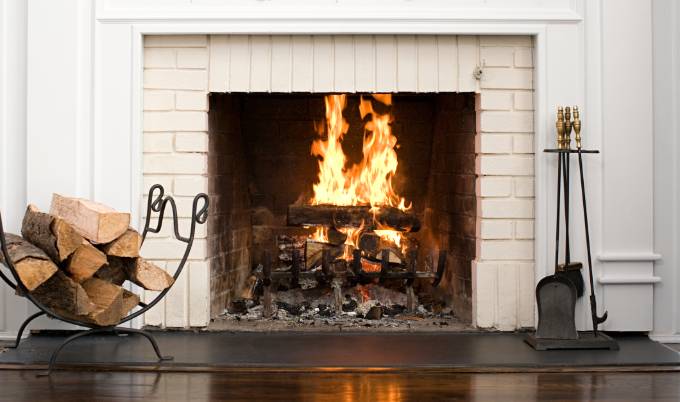
GET A HOME QUOTE.
When it comes to protecting your home, quality coverage makes all the difference. The right home insurance can help take care of what matters to you.WHAT IS COVERED BY HOMEOWNERS INSURANCE?
When it comes to fire damage, homeowners insurance typically helps pay for repairs to your home, unattached structures on your property and your belongings. Here's a look at how each type of coverage may help: Dwelling coverage.
Homeowners insurance typically helps cover the structure of a home as well as attached structures, such as a garage. If you leave a potholder too close to the stove and it starts a kitchen fire, the cost of repairs would likely be covered. Should your home be uninhabitable during repairs or while being rebuilt, the Insurance Information Institute (III) says homeowners insurance typically helps pay for additional costs of having to live away from your home, such as hotel costs and restaurant bills.
Detached structures .
Commonly called "other structures coverage," most homeowners insurance helps pay for structures on your property that are not attached to your home, such as sheds, detached garages and fences.
Personal property .
Homeowners coverage usually extends to your personal belongings, such as appliances, furniture and clothing. Homeowners insurance typically helps protect personal belongings from specific risks (described in most policies as "perils"), such as fire and lightning strikes.
If your belongings are damaged or destroyed in a fire, homeowners insurance may help pay to repair or replace them.
Additionally, a standard homeowners policy may help cover landscaping as well, states the III . If a fire on your property destroys a tree or shrubs, you may be reimbursed for some or all of their value.
Depending on where you live, homeowners insurance may help cover wildfire damage. It's important to read your policy so you know whether it includes any coverage for wildfires.
HOW MUCH HOMEOWNERS INSURANCE COVERAGE DO I NEED FOR FIRES?
There is no one-size-fits-all formula when it comes to choosing your coverage limits. Your limit is the maximum your policy will reimburse you after a covered loss. You can set your coverage limits based on factors such as the value of your home and belongings. Here are some things to consider when choosing coverage limits:
Choosing Your Personal Property Coverage Limit
If you think you may need more coverage to replace your belongings in the event that they are damaged by fire, you may want to increase your limits for personal property. Keep in mind that your policy may offer lower coverage limits for certain items, such as jewelry. You may want to consider purchasing additional coverage to help protect those items.
You should also review your policy to find out if it offers actual cash value or replacement cost coverage. Actual cash value coverage generally helps reimburse you for the depreciated value of damaged items, while replacement cost value coverage typically helps pay to purchase a new item at today's price.
Choosing Your Limit for Dwelling Coverage
The cost of rebuilding after a fire may not be equal to the price you paid for your home, as construction costs and home values fluctuate. It's important to consider what it may cost to rebuild or repair your home at current rates, the III says.
FIRE DAMAGE THAT HOMEOWNERS INSURANCE MAY NOT COVER
Homeowners insurance may not cover all types of fire damage. For instance, if you intentionally start a fire in your home, you'll generally find homeowners insurance will not pay to repair the damage. Homeowners insurance also typically does not cover damage caused by an act of war. Read your policy or contact your local agent to learn what risks are excluded from your coverage.Having smoke detectors and fire extinguishers in your home are certainly a smart way to help protect yourself from fire. But, if a fire damages your home or property, homeowners insurance may help you and your family recover financially.
Insurance Agent
Adam Drake
Nassau: 516-916-4020
Suffolk: 631-557-4680
NYC: 212-324-3025
Nassau Address: 26 Nassau Blvd., Garden City, NY 11530
Email: Adam@TheDrakeAgency.com
Leave a comment
Latest Posts


Our Insurance
Whether you need insurance policies to cover your home or your vehicle in New York, you can work with The Drake Insurance Agency to make sure you get the best coverage.
Location
(516) 916-4020
(631) 557-4680
(212) 324-3025
Email us
